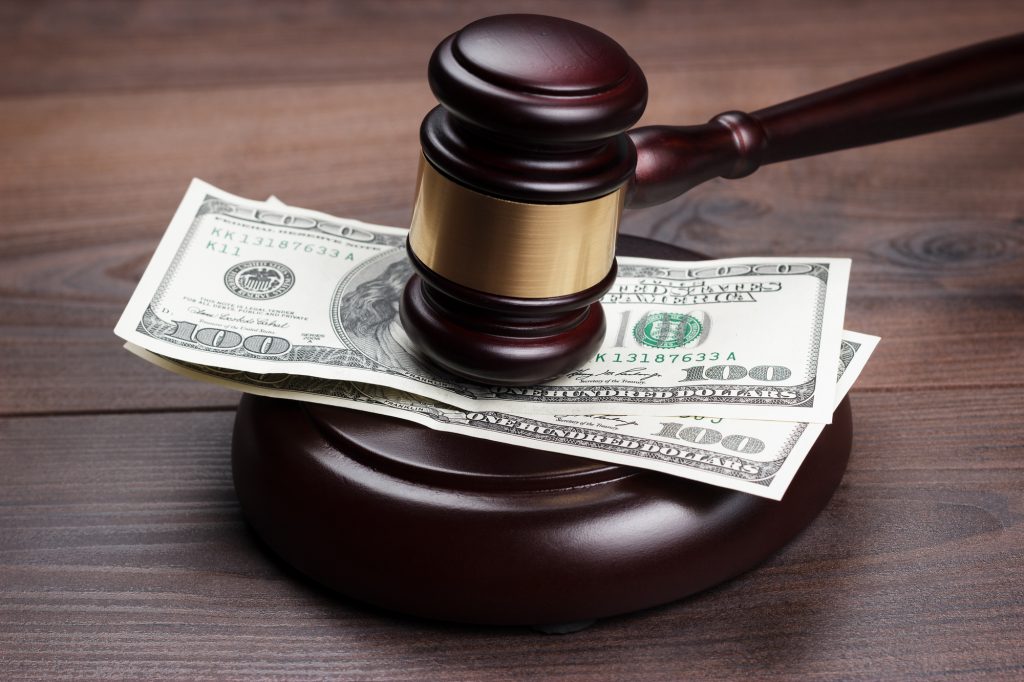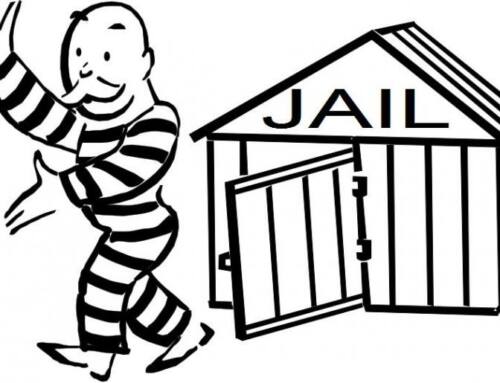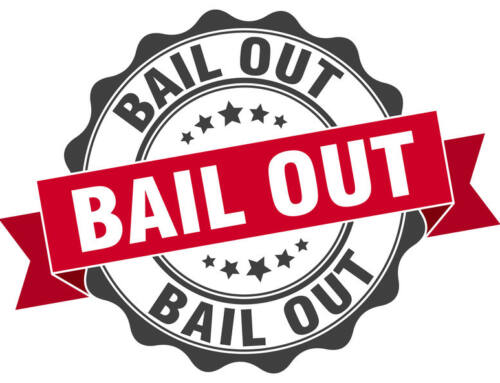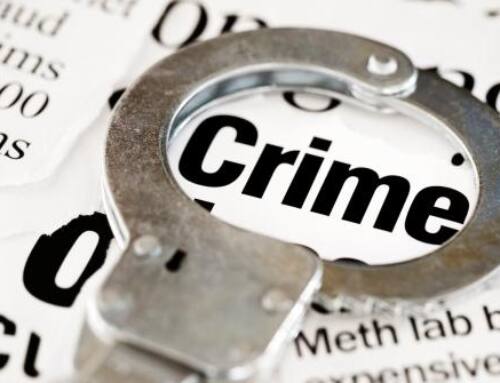The right of an accused to follow their court proceedings out of remand centers is granted by the right to bail under the US laws. Bail is a considerable amount of money or a surrender of an equivalent to the bail amount in custody of the court to make sure that the accused attend his or her court dates during the trial process. Therefore, what does a judge look at when deciding your bail?
What a Judge Looks at When Deciding Your Bail
Understanding the determinants of bail bonds is important to everyone. What informs the judge of his/her bail bond ruling is information necessary for a citizen to understand and apply in real-life scenarios. Moreover, the judge takes into account several factors when setting bail bonds for different lawsuits which include.
1. Nature of the Charge
The kind of crime committed by the accused determines the amount of bail. The judge can increase the bail amount to a figure the accused cannot afford, depending on the intensity of the charge. Most common felony charges like murder have a likelihood of the judge denying bail to the accused. Additionally, intensity, if the case were ruling on a death sentence or proof of guilt, is clear, the judge may deny bail.
2. Criminal Record
The bail set for individuals with a criminal record will be higher than those who have a clean record. However, if the accused has other ongoing cases or is on parole, bail may be denied. When one commits a crime when on parole, it is considered a breach of the release agreement thus no need of being out on bail.
3. Flight Risk
If the accused has skipped court appearance before, the judge may deny bail. Additionally, if the defendant is likely to flee the country to avoid court proceedings, bail denial is unavoidable. The fact that nation or states can fail to compel their nationals to return to Utah for prosecution, the judge can deny bail. Additionally, if the accused is a non-US citizen, being granted bail is impossible, further, the crime committed can lead to the individual being deported to their country.
4. Likelihood of Interfering with the Witness and Public Relations within the Community
When a judge believes or there exists strong evidence that the accused will interfere with the prosecution witness, bail may be denied. For example, where an accused is supplied with witness information, the possibility of contacting them is possible and this, in turn, will reduce the strength of the case. The idea is maybe the accused try to persuade the plaintiff to settle the case out of court. Moreover, cases of sexual assault and capital crime have a low possibility of being granted bail. Additionally, courts in Utah do not grant bail to defendant deemed dangerous to protect prosecution witnesses, victims and to deter the possible occurrence of crime.






